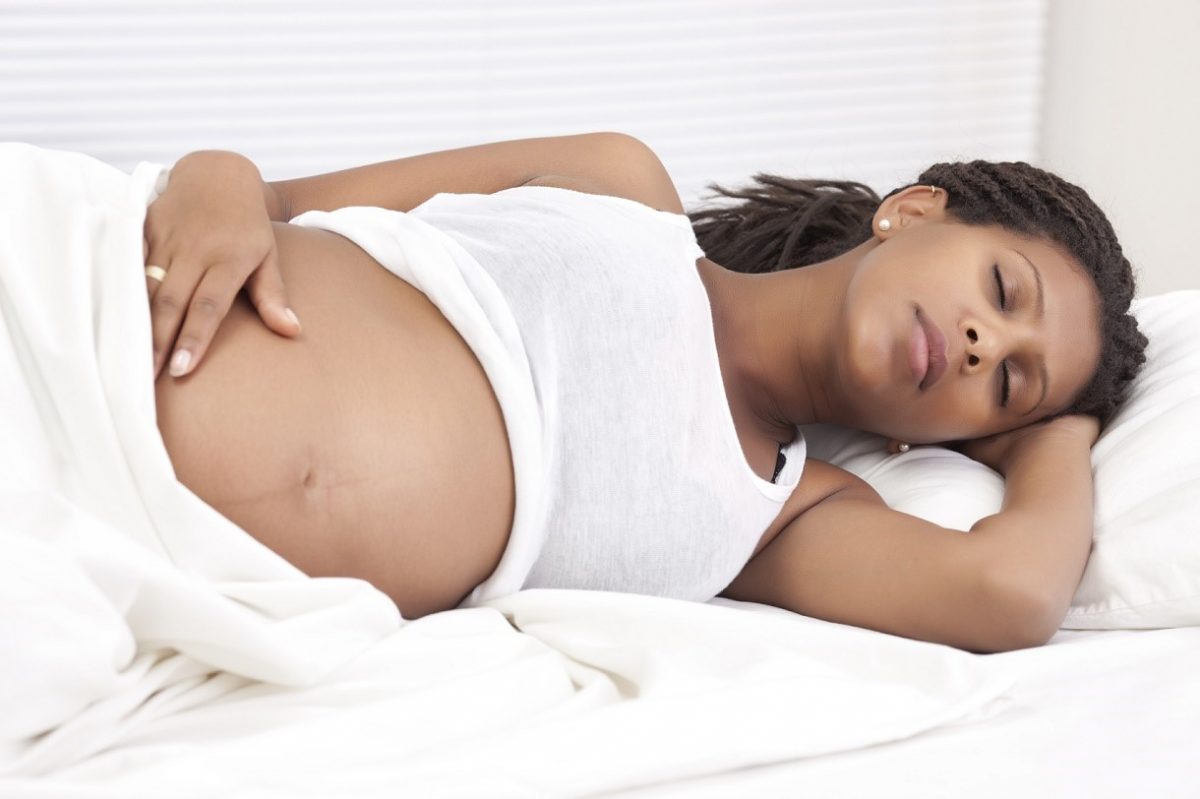
Malaria Treatment And Prevention Methods For Pregnant Women
- Yinka
- February 18, 2019
- Moms
- malaria during pregnancy, Malaria During Pregnancy : Signs, malaria treatment for pregnant women, preventing malaria during pregnancy, Prevention | FabWoman, signs of malaria during pregnancy, Treatment
- 0 Comments

Malaria during pregnancy is quite risky for you and your baby’s wellbeing. This is why it is essential to know the signs, treatment and prevention of malaria while you’re pregnant.
The complications for you include: anemia, low immunity, hypoglycemia and renal dysfunction. In your baby, the complications are: low birth weight of your child, transfer of infection, early labour and miscarriage. Definitely, you don’t want all these to happen to you or your child.
Skeptical about your health? Here are 10 signs that you might have malaria when you’re pregnant:
- Headache
- Vomiting or Nausea
- Cough
- Jaundice
- Diarrhea
- High fever
- Sweating or chills
- Pale look
- Muscle pain
- Spleen enlargement
Treatment
1. For mild malaria
If you’re in the first three months of your pregnancy, World Health Organization (WHO) recommends clindamycin and quinine combination.
When you’re in your forth to ninth month, the safest treatment for you is the artemisinin combination therapy (ACT). You can combine it with Artemether Lumefantrine or Sulfadoxine Pyrimethamine.
However, consult a pharmacist for these medications, especially those for pregnant women.

For complicated malaria
Intravenous artesunate or quinine is the best for complicated malaria, so don’t use any tablet. Instead, see a doctor for this. If you’re in your third trimester, it’s best for you to take Artesunate.
Drugs you can take (and prescribed by your Doctor) include: Melfoquine and Paracetamol.
Prevention
Take these preventive measures very seriously so that you can be totally free from mosquito bites and malaria during pregnancy:
1. Use treated nets on your bed
When you use treated ‘mosquito nets’ to sleep, you are safe from mosquito bites.
2. Wear light-coloured clothes
Mosquitoes are attracted to darker colours, and it’s better for you to wear light coloured clothes so that they can stay away from the light, searching for darkness.
3. Stay away from heat
Ensure that wherever you stay is cool because mosquitoes can’t survive in cold places. They prefer heat and moisty areas, which gives them more chances to perch on the human skin.






